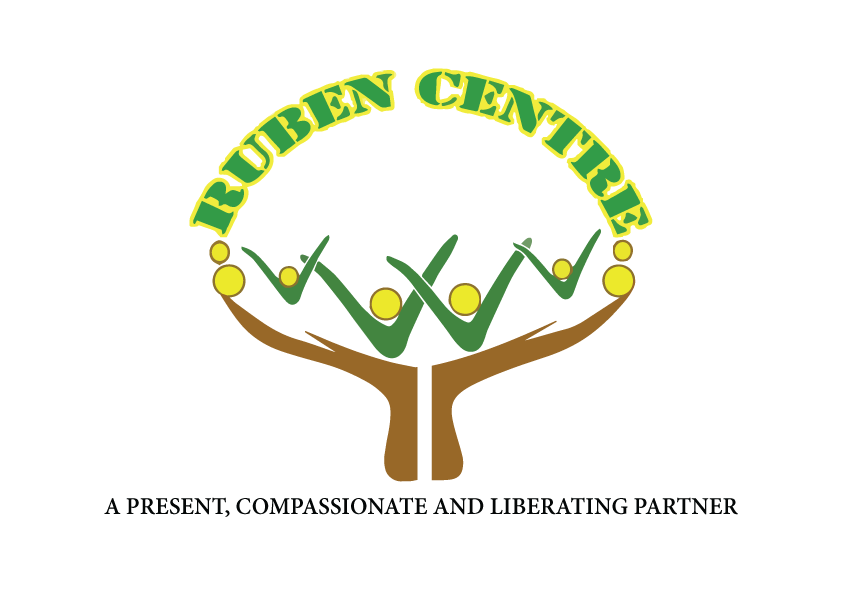Ruben Primary School’s Digital library: The gateway to knowledge
A section of books at the library in the Ruben Centre Photo: Stephen Tengo
Ruben Primary School is one of the few public institutions that can boast of having and equipped library. Though started early in the century, it became fully functional during Br. Frank’s as he is a sucker for reading. He saw to it that library sessions were created and effected.
The library, like many others, is a resource center that has moved from the old age to the “Kindle world”. With most of its books coming in as donations, the library faces a challenge of limited and non-variety hardcopy books for the students. On average a class in Ruben Primary School hosts about 80 students. The students while attending the library sessions face a challenge of sharing books, hence the digital devices.
Working closely with the IT center commissioned in 2019, both facilities are used by students in exploring the internet for information. The library is split into parts: upper library and lower library. The upper library is used by Grades 4 through 8 and former students who are in high school. As a result, the lower library is used by Grades 3 to the daycare students and even those from the Kurt Fearnley Special Needs Unit (KFSNU). Currently the sessions are attended by the Grade 4, Grade 8 and those from KFSNU.
The engaging sessions in the library are under the guidance of the Ruben Centre Alumni and some volunteers. The library team work closely with the teachers in conducting activities such as audio-visual storytelling, e-learning, peer to peer information sharing on topical issues and magazine content reviews. Music, animations, toys, magazines and e-reader tablets are among the slew of tools used to inject life into the curious minds of the learners.
Those of the lower library receive twenty-five sessions while their counterparts attend forty sessions per week from the upper library. The library sessions have been incorporated into the school’s learning curriculum.
Having adversely affected by the emerging issues from the coronavirus pandemic, the students embrace the library sessions with open arms. These sessions usher the learners into new ways of acquiring information, appreciating teamwork, becoming organized and creatively seeing the world around them.
As a part of each session, the students participate in a question and answer activity where they are able to jog their memories and broaden their perspectives while constructively critiquing each other’s ideas. The learners also learn various life skills such as being respectful, considerate, empathetic and keeping neat.
Moreover, parents remain involved in the sessions by receiving feedback from their children as they follow up on their academic progress. This results in the creation of a positive environment for the pupils to connect their education with their ambitions and goals in life.
With accumulating support through donations and other forms of contribution, the children can do more from the library sessions such as stage plays based on their daily readings and nurturing their talents. This would keep the children involved in making positive contributions to the Mukuru slums as their capacities improve with age.
By G.B & Stephen Tengo

